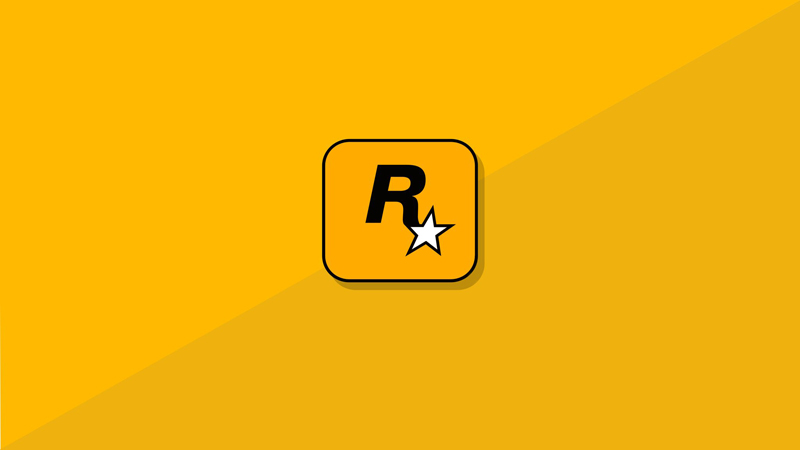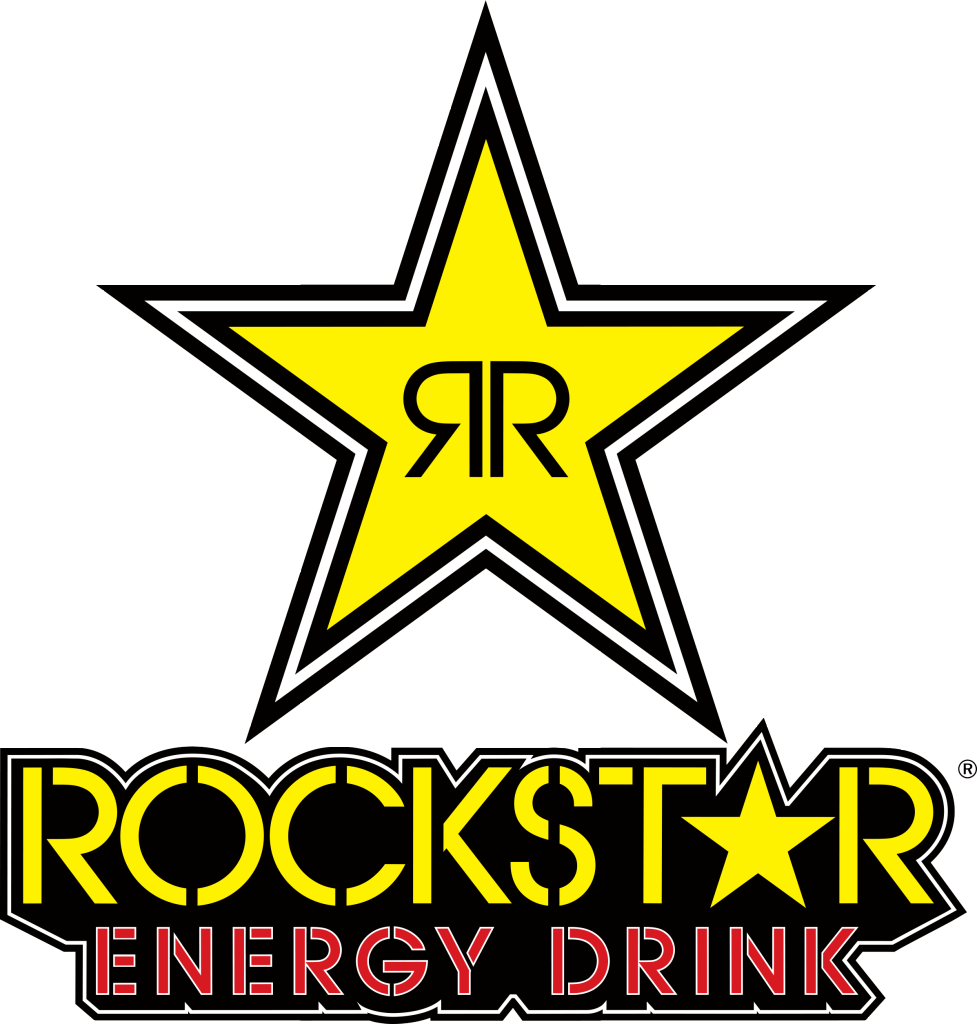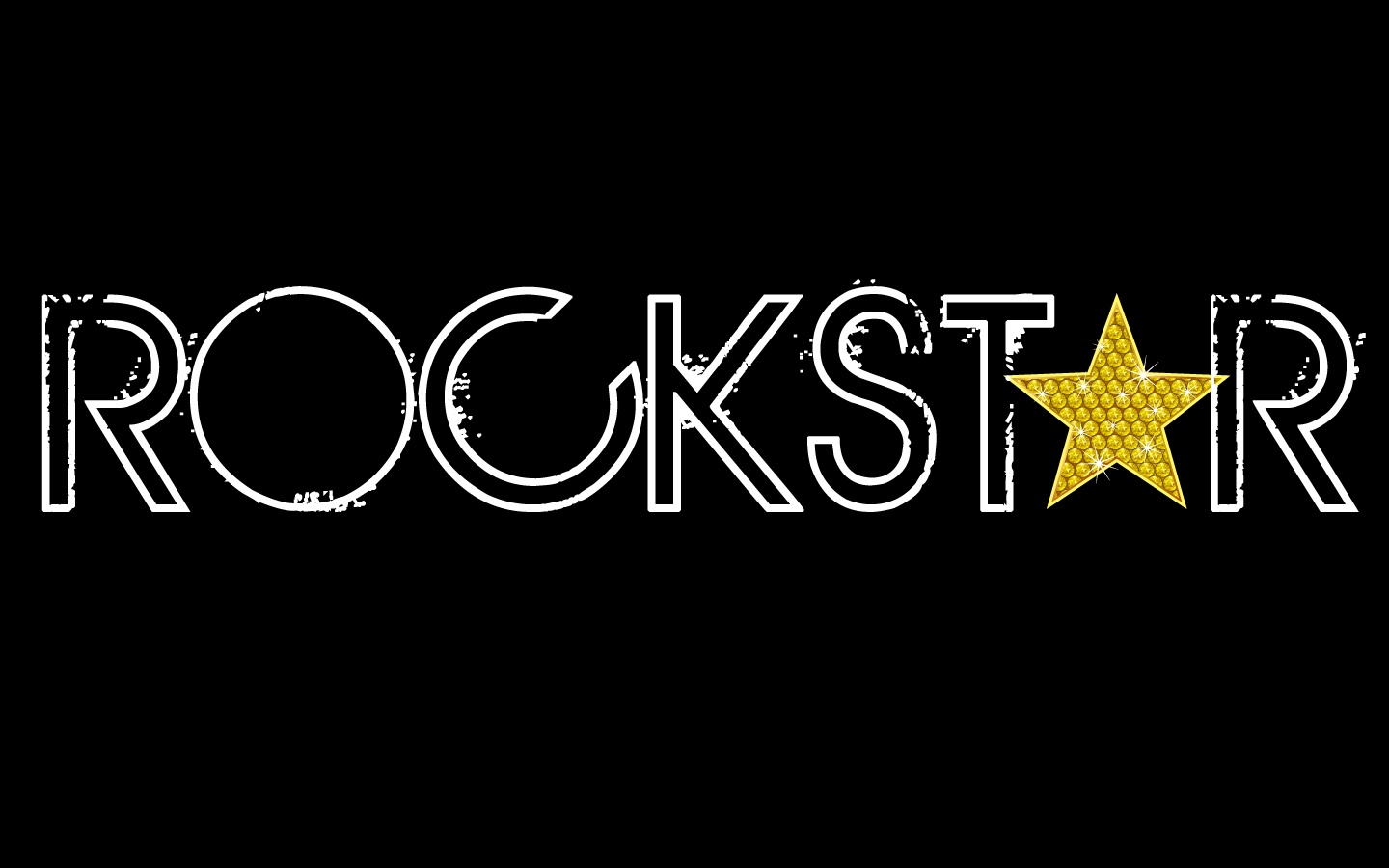The idea of living a "rockstar lifestyle" often brings up images of bright lights, big crowds, and endless fun. It's a dream for many, a picture of ultimate freedom and success. Yet, the truth is, this glossy image often hides a lot. It's almost like a carefully crafted game world, where you only see the exciting parts.
Many people dream of this kind of life, thinking it means no worries and constant good times. They see the fame, the money, and the adoration. What they don't always see, however, are the long hours, the constant pressure, and the personal costs. This vision, in some respects, can be a bit misleading, can't it?
So, we're going to peel back the layers and talk about why the rockstar lifestyle might not make it for many. We'll look at the hidden challenges and the real impact on people's lives. It's about getting a more honest view of what it truly takes to be at the top, or even just to stay there, and what happens when the dream turns into something else entirely.
Table of Contents
- Introduction
- Glamour Versus Reality: The Hidden Costs
- The Grind Behind the Games: A Look at Creative Work
- The Mental Toll: Pressure and Burnout
- Personal Sacrifices: Relationships and Well-being
- Financial Instability: The Ups and Downs
- Finding Balance: A Different Kind of Success
- Frequently Asked Questions
- Conclusion
Glamour Versus Reality: The Hidden Costs
When you think of a rockstar, you probably picture someone on a huge stage, bathed in light, with fans cheering. This image is, in a way, very powerful. It's what draws so many to dream of that kind of public life. But what about the parts that happen when the lights go down?
The truth is, for every moment of public celebration, there are countless hours of quiet, hard work. This can involve late nights, early mornings, and a constant push to create something new. It's pretty much a continuous cycle of effort, you know?
For example, think about the people who create the games we love. We're often impressed by what Rockstar has made, like when someone goes back to play GTA V or RDR2. They see the amazing graphics and deep stories. That kind of quality doesn't just happen. It takes immense dedication from many people.
So, the public image of effortless success is often a thin veil. Behind it, there's a lot of striving, a lot of discipline, and a fair amount of stress. It's a bit like seeing only the final polished product without knowing about all the revisions and fixes that went into it.
This reality is often a shock for those who step into such a life. The constant demand for new material, for fresh ideas, can be incredibly draining. It's a situation where you are always expected to be "on," which, you know, can be tiring.
Many people find that the freedom they imagined is actually replaced by a different kind of pressure. This pressure comes from fans, from deadlines, and from the need to stay relevant. It's a pretty intense situation for sure.
You might think of it like this: the "rockstar lifestyle" is less about endless parties and more about endless work. It's about trying to keep up with expectations, both your own and those of others. That, honestly, can be a heavy burden to carry.
The Grind Behind the Games: A Look at Creative Work
The creation of anything truly great, whether it's a song, a film, or a massive video game, requires a deep commitment. Rockstar has always made games based on the movies dan and sam houser liked, which shows a personal passion at the core. But turning that passion into a huge, successful product is a different story.
Think about the sheer scale of modern game development. Rockstar Games has been in discussions with top Roblox and Fortnite creators, as well as dedicated GTA content creators, about the potential to create custom experiences. This kind of collaboration means a lot of moving parts and a lot of coordination.
For those working in these creative fields, the hours can be long and unpredictable. There's often a feeling that a delay is always coming for Rockstar Games, which hints at the constant push for perfection and the tight schedules. This means extra effort from the teams involved.
The creative process itself is not always glamorous. It involves countless iterations, bug fixes, and reworks. It's a rather messy process at times, with moments of frustration mixed with moments of breakthrough. That, you know, is just how it goes.
Even for content creators who aren't directly making the games, the pressure is real. They need to constantly produce new content, stay relevant, and engage their audience. This can feel like a treadmill that never stops, which is pretty much what it is.
We see hints of this intense environment in the support systems around these large companies. For instance, the online migration tab appearing on Rockstar Games support pages for Red Dead Redemption 2, hinting at next-gen versions soon, means more work for support and development teams. It's a continuous cycle of updates and new releases.
So, the "rockstar lifestyle" for these creators and developers often means a steady, intense grind. It's about putting in the time, making sacrifices, and pushing through challenges. It's a bit less about spontaneous fun and more about disciplined effort, you see.
Even something like managing a band, which sounds exciting, has its own set of demands. Someone might say, "Would love to play a good band management simulator," remembering games like Project Rockstar. But the actual work of managing a band involves endless logistics, negotiations, and problem-solving. That, honestly, is a lot of unseen work.
The sheer number of people involved also speaks to the scale. Joining the Rockstar Games Discord server means connecting with a community of 366,074 members. This kind of community engagement also requires dedicated effort from the company's side. It's a huge commitment, really.
And when a studio is renamed Rockstar Australia, it's not just a simple change of a sign. It reflects strategic decisions, integration of teams, and a lot of organizational work. This kind of change can be disruptive, yet necessary for the company's growth, which, you know, impacts everyone involved.
The Mental Toll: Pressure and Burnout
The constant pressure to perform, to innovate, and to maintain a public image can take a significant toll on a person's mental well-being. It's not just about working hard; it's about the relentless nature of the demands. This, you see, can wear people down over time.
Many in creative industries face something called burnout. This happens when you're under extreme stress for too long, and you feel emotionally, mentally, and physically exhausted. It's a very real problem for people in these demanding roles.
The need to always be "on" can be particularly draining. Whether you're a musician on tour, a game developer hitting a deadline, or a content creator constantly streaming, there's little room for true downtime. This lack of rest, quite frankly, can be harmful.
For example, the continuous cycle of game releases and updates means developers are always moving from one intense project to the next. The hint of next-gen versions for Red Dead Redemption 2 means more work on the horizon, with little time to catch a breath. This, in a way, is a constant race.
The feeling of being under a microscope is also a big factor. Every decision, every public appearance, every new piece of content is scrutinized by millions. This kind of public pressure can be incredibly stressful, and it's something many "rockstars" deal with daily.
Some people might find it hard to separate their public persona from their private self. This blurring of lines can make it difficult to relax and just be themselves. It's almost like living two different lives at once, which, you know, can be confusing.
The loneliness, despite being surrounded by people, is another common issue. When everyone wants something from you, or sees you only as a symbol, genuine connection can be hard to find. That, in some respects, is a sad reality.
So, the mental toll of the "rockstar lifestyle" is a serious consideration. It's about managing immense stress, dealing with public scrutiny, and finding ways to cope with constant demands. It's a pretty heavy load to carry, frankly.
This continuous mental strain can lead to anxiety, depression, and other health issues. It's not just about feeling tired; it's about a deeper exhaustion that affects your entire being. That, you know, is something to be mindful of.
The idea of constant touring or crunch periods in game development can mean long stretches away from home, irregular sleep, and poor eating habits. These physical factors also contribute to mental fatigue. It's a whole package of challenges, really.
Personal Sacrifices: Relationships and Well-being
Living a life in the spotlight, or working in a highly demanding creative field, often means making significant personal sacrifices. This includes time with family and friends, and even your own physical health. It's a rather stark trade-off for some.
Maintaining close relationships can be incredibly difficult when you're constantly traveling, working long hours, or dealing with public attention. Birthdays, anniversaries, and casual get-togethers often get missed. This, quite frankly, can strain even the strongest bonds.
For instance, if you're a game developer working on a huge title, your life might revolve around deadlines. I tend to think a delay is always coming for Rockstar Games, but they can show nothing and drop this in fall with one more trailer too. This kind of intense development schedule leaves little room for a personal life. It's a huge commitment, you see.
The "rockstar lifestyle" can also make it hard to trust people. When everyone seems to want something from you, it becomes tough to figure out who genuinely cares. This can lead to isolation, despite being surrounded by many people. That, honestly, is a lonely feeling.
Your own well-being often takes a backseat. Regular exercise, healthy eating, and enough sleep become luxuries rather than necessities. This neglect can lead to health problems down the line. It's a pretty common story, actually.
The pressure to always be entertaining or productive means there's little time for personal hobbies or interests outside of work. Your entire identity can become wrapped up in your career. This, in a way, can be limiting.
Even simple things, like unlinking a Steam account from Social Club, can become a hassle when you're dealing with so much else. These small frustrations add up when your life is already filled with bigger pressures. It's just another thing to deal with, you know?
The glamorized version of the life doesn't show the missed family dinners or the quiet moments of exhaustion. It doesn't show the toll on your body from irregular sleep or constant travel. That, in some respects, is the hidden price.
So, the personal sacrifices involved in the "rockstar lifestyle" are very real. They affect your relationships, your physical health, and your overall sense of self. It's a big commitment that changes many aspects of a person's existence.
This can lead to a feeling of being disconnected from normal life. The experiences become so unique that it's hard to relate to others, or for others to relate to you. That, you know, can be a bit isolating.
Ultimately, the balance between professional success and personal happiness is a constant struggle for many. It's about figuring out what truly matters and if the sacrifices are worth the rewards. This is a question many people in these roles grapple with, pretty much daily.
Financial Instability: The Ups and Downs
While the "rockstar lifestyle" often implies immense wealth, the reality for many is a roller coaster of financial ups and downs. Not everyone makes it big, and even those who do can face significant money challenges. It's a very unpredictable path, honestly.
For every major success, there are countless aspiring artists, creators, and developers who struggle to make ends meet. They might invest heavily in their craft, but the returns are not guaranteed. This, you know, is a tough reality for many.
Even established figures can face financial issues. Royalties can be inconsistent, projects can get canceled, and public interest can wane. This means income can fluctuate wildly, making long-term planning difficult. It's a rather unstable situation for some.
Consider the gaming world. While major titles like GTA V and RDR2 bring in huge sums, the vast majority of games and content creators don't see that level of success. Many are just trying to get by, hoping for their big break. That, in a way, is the common experience.
There's also the issue of managing money once it comes in. The sudden influx of cash can be overwhelming, and without good financial advice, it can be mismanaged. Stories of "rockstars" losing their fortunes are, sadly, not uncommon. This is a pretty serious concern for sure.
The expenses associated with the "rockstar lifestyle" can also be substantial. Travel, equipment, staff, and public appearances all cost money. It's not just about earning; it's about spending to maintain the image and the career. That, you know, adds up quickly.
Even for a company like Rockstar Games, there are constant financial considerations, like the renaming of a studio to Rockstar Australia. These business decisions are driven by financial strategy and impact many people's livelihoods. It's a big operation, really.
So, the financial aspect of the "rockstar lifestyle" is far more complex than just "getting rich." It involves significant risk, potential instability, and the need for careful management. It's a pretty challenging side of things, actually.
Many people find themselves in debt trying to chase the dream, or they struggle to save for the future. The pressure to maintain a certain image can lead to overspending. That, in some respects, is a trap.
Ultimately, financial success in these fields is often elusive and requires a combination of talent, hard work, and a bit of luck. It's not a guaranteed outcome, by any stretch. This is a reality that often gets overlooked.
Finding Balance: A Different Kind of Success
Given all these challenges, it becomes clear that true success in a "rockstar lifestyle" might not be about endless fame or money. It's more about finding a way to balance the demands of the career with personal well-being. This, you know, is a different measure of achievement.
Many who thrive in these demanding fields learn to set boundaries. They understand the importance of saying no, of taking breaks, and of protecting their private time. It's a bit like creating your own personal space amidst the chaos, which is pretty much essential.
Prioritizing mental and physical health is key. This



